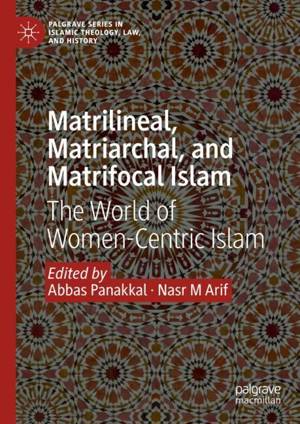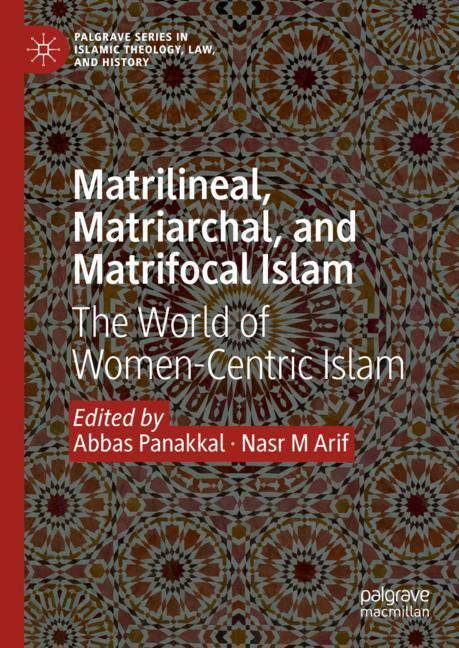
- Afhalen na 1 uur in een winkel met voorraad
- Gratis thuislevering in België vanaf € 30
- Ruim aanbod met 7 miljoen producten
- Afhalen na 1 uur in een winkel met voorraad
- Gratis thuislevering in België vanaf € 30
- Ruim aanbod met 7 miljoen producten
Zoeken
Matrilineal, Matriarchal, and Matrifocal Islam
The World of Women-Centric Islam
€ 137,45
+ 274 punten
Omschrijving
Around the world, Islamic cultures have developed distinctive matrilineal, matrifocal, matrilocal, or matriarchal natures as a result of how they have been practised by integrated and indigenised Muslim communities. In matrilineal descent systems, in contrast to the more common mosaic of patrilineal patterns, children belong to the mother's ancestry group. Matrilineal Muslims therefore follow a social system in which people are identified with their mother's lineage, and the inheritance of property as well as succession are transferred through the matriline. This volume focuses on matrilineal, matrifocal and matriarchal Muslims and their unique folk natures, integrated social structures, adopted legal systems, and so on. It provides a unique perspective for understanding global Muslim communities that have succeeded in integrating the matrilineal tenets of local practices with religion, adhering to essential Islamic values in a way that makes traditional women-centred cultures acceptable to mainstream Islam.
Specificaties
Betrokkenen
- Uitgeverij:
Inhoud
- Aantal bladzijden:
- 319
- Taal:
- Engels
- Reeks:
Eigenschappen
- Productcode (EAN):
- 9783031517488
- Verschijningsdatum:
- 25/02/2024
- Uitvoering:
- Hardcover
- Formaat:
- Genaaid
- Afmetingen:
- 148 mm x 210 mm
- Gewicht:
- 562 g

Alleen bij Standaard Boekhandel
+ 274 punten op je klantenkaart van Standaard Boekhandel
Beoordelingen
We publiceren alleen reviews die voldoen aan de voorwaarden voor reviews. Bekijk onze voorwaarden voor reviews.










